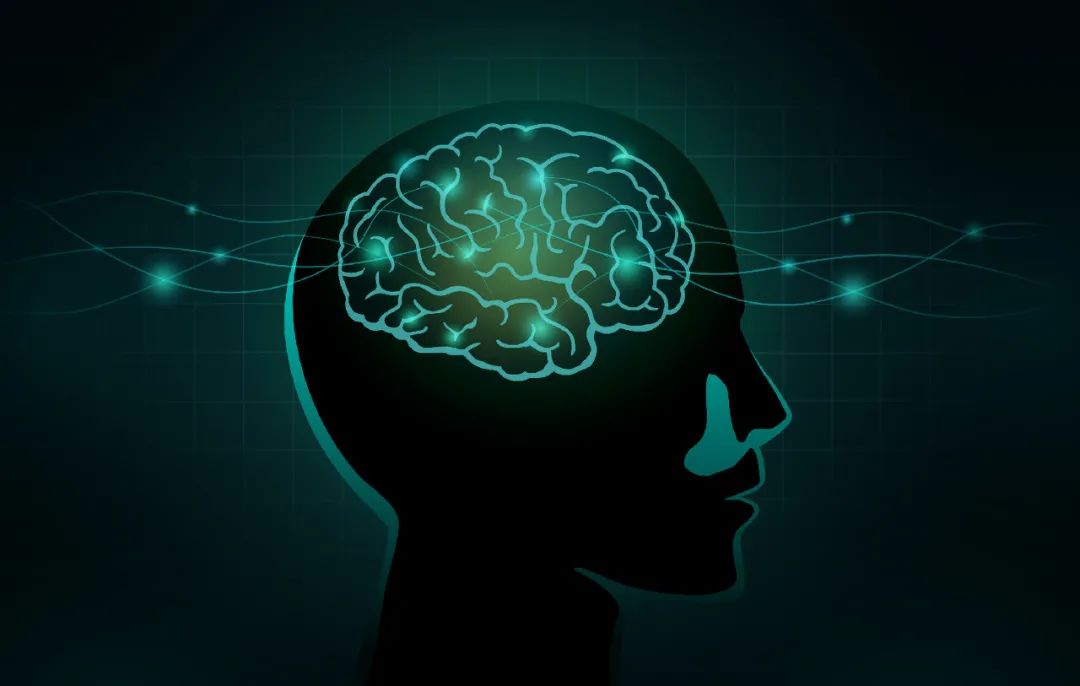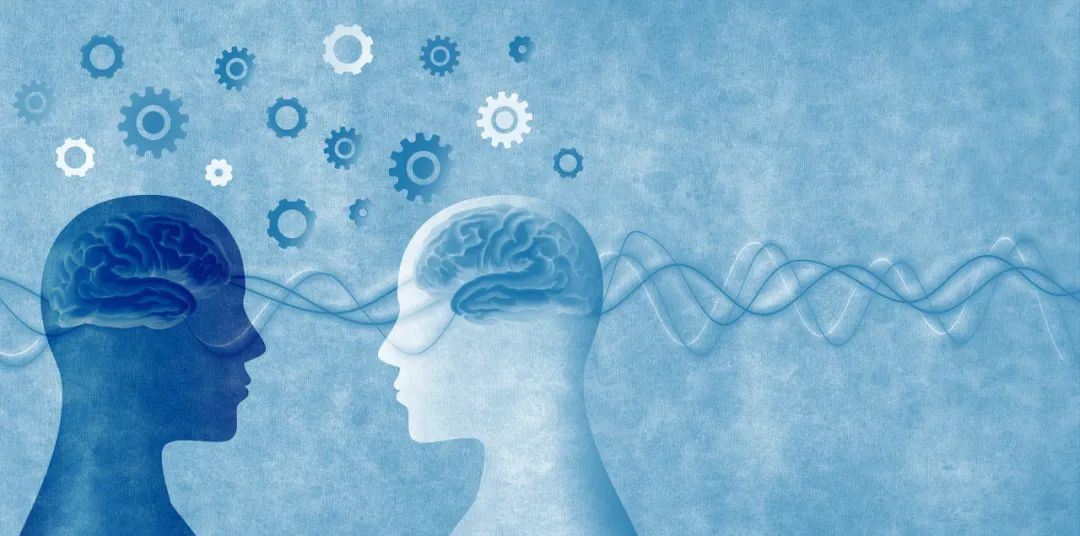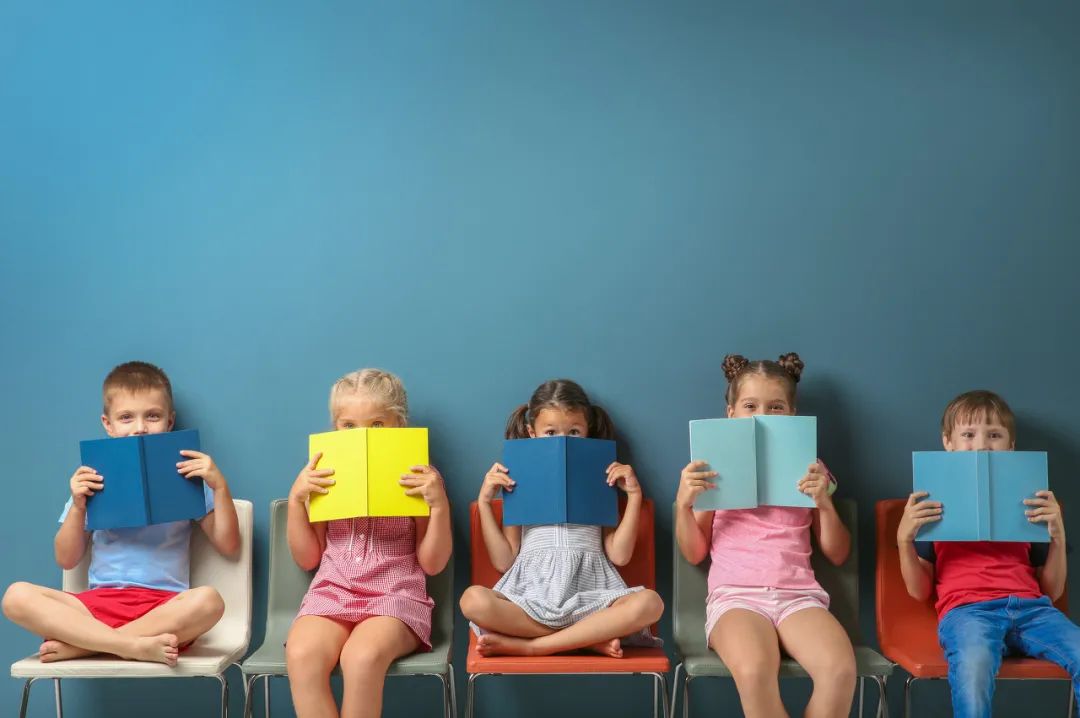Is it just passively accepting information compared to reading?
Author:Institute of Physics of the Ch Time:2022.09.27

Tuwa Creative
How long have you not finished reading a book?
Without the whole period of time, the surrounding environment made people calm, and the work of 996 has made the eyes overwhelmed ... Fortunately, the various listening software on the smartphone seems to be born for this. Listening to books can not only liberate fatigue eyes, but also do not limit the time and place, which is very suitable for the current fragmented reading environment and fast -paced life. However, compared to traditional books, it is necessary to take the initiative and invest in it, and understand the content of the book in the form of listening. It always seems difficult to focus on the concentration, and the impression left is not as deep as reading books. Listening to the book is passive receiving information. Could it be said that in reading this, the ancients said that "a hundred smells are better than seeing at first sight, and it is not good to see it"?
01
Listening books are not passive
In fact, whether it is text or language, the brain is equal. To understand the meaning of this sentence, we must first know what the brain's processing of information is the process.

Tuwa Creative
The text is accepted by human eyes in the form of light waves, and then transmits neuros signals to the brain. Finally, the cerebral cortex is responsible for processing the area of the text for analysis and understanding. The sound signal is collected from the ear to the brain to form a code, which is similar to the process of visual signal processing. The brain needs to store, identify, memory and understand the information.
① Storage -short storage of video and sound image
Human sensory organs are like a 24 -hour monitoring camera, which faithfully records all the images it see and hear. However, our brain does not want to accept such a complicated and complicated information list. Therefore, the brain decided to make a brief storage first to facilitate subsequent screening information.

Tuwa Creative
This short -term storage procedure is named the video storage and acoustic image storage by the father of cognitive psychology. Taking sound image storage as an example, try to remember — we usually understand the complex process of daily conversations, and the role of sound storage becomes clear -it allows us to have more time to listen to the information contained in the sound, Therefore, we often "hear" after the sound disappears.
② Recognition -filtering
After a brief storage, the brain began to filter the information that the eyes were seen and heard by the eyes, excluding some things that it didn't think it was important, and focused their attention on those information that was useful for themselves.
At this time, because a large amount of visual information that adults usually contact them are described by text, the brain believes that text is very important to you, so it is given priority to retrieve the content of this part and immediately hand over the area responsible for handling text to analyze and analyze and analyze and analyze and analyze and analyze and analyze and analyze. understand.

Tuwa Creative
The same is true of the sound. The brain will automatically filter some unimportant insects, mechanical bangs, and focus on the information of speech sessions. Under the influence of the language environment of human society, the neurons of a human auditory system can only be stimulated by sound stimulation. Some specific features responded.
③ Memory — Azo Azi
Children's needs and dependence on text and language in daily life are far inferior to adults. Their brain continues to maintain an extremely clear and distinctive image after the stimulation signal is introduced. For a sense of observance.
Interestingly, many people think that only visual information will be printed in children's minds like photos, but in fact, in addition to visual relics, there are auditory relics, olfactory perceptions, and tactile relics. , It's just that this form of memory rarely maintains to adulthood.

Tuwa Creative
④ Understand -the symbolization of sound
During reading, the division of labor in the left and right hemispheres of the brain is different: the left brain is understood first and then memories, remembering slow, forgetting fast, and more suitable for the digestion and absorption of memory; the right brain will turn the language into images, which can be a lot and quickly, a lot Memory, and the quality of memory is very high, once remembering it, it is unforgettable.
When the right brain analyzes a word, for example, when reading the word "cat", it will automatically search for the cat's image in the image library of the right brain, and then link the word of the cat to its picture. Analysis of a sentence, such as "cat is sleeping", what appears in the image library is a cat's sleeping image of a confused sleep under the sun, perhaps mixed with a slight snoring sound.
But listening to books more than reading -symbolization of sound.

Tuwa Creative
We often forget that Chinese characters are actually words and expressions. When we hear a strange vocabulary, our first reaction is to think about which words it is made up, and then extract the image related to it from the right brain. If you need to remember this word, the brain works hard to remember these words, not the sound itself. Therefore, listening to books is actually higher, and it is more conducive to cultivating concentrated attention habits.
To sum up, it is also necessary to be encoded in the form of a telecommunications signal, which also needs to be deeply processed. The brain does not distinguish between text and language who is active and who is passive. Compared with "a hundred smells better than seeing", the brain is more agreed with "what you can see."
02
Why not read the book deeply
As mentioned above, the symbolization of sounds in the Chinese environment is more procedures for the brain processing of the brain than simply reading books. Therefore, we often feel that listening to books is easier to read and concentrate. Essence In fact, in addition, there are factors such as the constraints, emotional perceptions, and repeated processing of words, which will make the information receiving efficiency of listening books not as high as reading. Tuwa Creative

① Constitution of speech consciousness
There are some objective factors in listening to books. For example, at 20 ~ 30 decibels, the language of words is 50 %; It's about to feel a headache. In addition, noise, such as subway, roar of airplanes, etc., have even greater interference in speech perception. In order to make words smoothly, the general voice signal must exceed 6 decibels of noise.
② Emotional perception
The source of the book can be divided into real -life reading and voice synthesis.
When listening to the sound book of real people, it is easy to drive emotions through the tone of the reader, and can hear the ups and downs of emotions from the audio more appropriately, but it will also lose part of the ability of self -perception. When we read a book, we are completely dominated by ourselves, and we can grasp the plot, rhythm, and dividing points at will, and there is a lot of brain supplement space and aftertaste.
Tuwa Creative

When listening to voice synthesis content, there is no way to control the words, rhythm predictions, emotional predictions, etc. in terms of technically, and in the process of listening, you need to overcome the interference of understanding of these factors.
③ retrospective
I don't know if everyone noticed that when we were reading a book, 10-15 %of the eyeballs were traceable, that is, our eyes often retracted backwards. But because this process is too fast, we sometimes do not notice ourselves, but it is obvious that this can greatly improve our understanding of the book (of course, this will also reduce our reading speed).
On the contrary, when we listen to the book, we can theoretically listen back and listen back, but in fact, little people will really want to do so under the lazy nature. Compared with reading, the lack of retrospective will lose a part of the understanding of the content.
Tuwa Creative

03
Can listening books replace reading books?
Since the 1990s, with the deepening development of the cultural market, the tendency of commercialization of knowledge has become increasingly obvious. With the advent of the "Reading era", visual culture has become increasingly prominent and gradually become cultural -dominated. Culture transforms into a visual image -based culture based on electronics and digital media.
Although the human beings have passed information through language during the process of millions of years of evolution, and so far there are still some ethnic groups that continue to record the story of their ancestors in a word of mouth, but the era we live in The more you do n’t accept the civilization through the ancient way of sound. Over time, our attention is scattered by the weird visual impact, and the brain is getting tired.
Tuwa Creative

Although the brain does not distinguish between treating and hearing, as far as the learning efficiency is concerned, "a hundred smells are really better than seeing." Although listening to books cannot replace reading, how can we help us find new views and experience the new world? Listening to books cannot replace reading, but then again, there is no need to replace reading books. In the final analysis, reading and listening books are just the way to receive information. It is difficult to distinguish between it and have advantages and disadvantages.
Reference materials:
[1] Solso, R.L., Maclin, M.k.maclin, O.H. (2008). Cognitive Psychology: Seventh Edition. Shanghai People's Publishing House, 70-73.
[2] Richard, J.G.philip, G.Z. (2008) .Psychology and Life, 19th Edition, Pearson Education, 86-126.
[3] Chang Baoru. (1990). Chinese Language Psychology. Xinhua Bookstore, 36-96.
4. Li Yanfang, Mei Lei Lei Dong Qi. (2008). Chinese mother tongueist audiovisual dual-channel speech consciousness and development research. Psychological development and education (03), 43-47. Doi: cnki: sun: xlfz.0.2008-03 -008.
1. Lu Yaming Ma Jingjing. (2012). Visual culture. Film Literature (09), 25-26.
Doi: CNKI: Sun: Dylx.0.2012-09-014.
Author | Tang Yicheng and Chi Wenzhong Popular Psychological Health Promotion Center
Review | Chen Zhiyan's associate researcher at the Institute of Psychology of the Chinese Academy of Sciences
This article was jointly produced by the "Scientific Rumor Platform" (ID: Science_facts) and China Textile Construction Planning Institute. Please indicate the source for reprinting.
This article comes from the picture of the copyright gallery, and the reprint is not authorized.
Reprinted content only represents the author's point of view
Does not represent the position of the Institute of Physics of the Chinese Academy of Sciences
If you need to reprint, please contact the original public account
Source: science rumor
Edit: tammy
- END -
China finds a suspicious signal of outdoor civilization!Netizen: Don't answer!

Liu Cixin's science fiction work Three Body,A plot has always been talked about.Wh...
Chen Gen: Unstable stablecoin is just a game of drumming flowers

Text/Chen GenUnder the influence of the epidemic, war, and the Federal Reserve's i...